
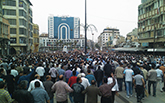
{image_1}It all started with groups of protesters, angry about the lack of freedom in Syria. Innocents without guns being beaten back by the Syrian army. Two years later, with more than 70,000 dead and 1 million refugees, the Syrian uprising has become a brutal civil war. But just as the conflict has spread from protests to gun battles, the fight has also gone from Syrian villages to areas outside the country’s borders. Israel, Lebanon, Turkey, Jordan, and Iraq are already feeling the heat of a war that is much too close to home. The West has long feared this internal war could turn into a regional one. In many ways, it already has.
Continue Reading »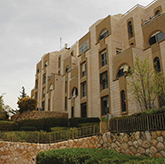
{image_1}The day after the United Nations voted to upgrade Palestinian status to that of a non-member observer state, Israel announced that “…it was advancing plans to build 3,000 housing units in Jerusalem and the West Bank [Judea and Samaria]” (Ynetnews). The outcry from the world was immediate and harsh. Nations were most upset with Israel’s plans to build in the E-1 corridor, an area in biblical Judea originally assigned to the tribe of Judah. Israeli ambassadors to Britain, France, and several other nations were called on the “diplomatic carpet” and required to listen to objections over Israel’s actions. What is behind the furor and indignation brought about by the seemingly mundane activity of building homes?
Continue Reading »
{image_1}The last pharaoh to rule Egypt was Cleopatra VII who committed suicide in 30 BC. In the ensuing years, the country would be governed by the Romans, the Persians and then the Islamic Empire. Conquering the region in AD 642 and reigning for the next 600 years, Muslim leaders would establish Islam as the primary religion in the country and Cairo as the seat of the Caliphate. In 1517, however, they would be unseated by the Ottoman Turks who would govern until 1882. Under this new leadership, Egypt would undergo dramatic change, fluctuating from a prosperous country with international trade partners to a nation in decline and back again. The Black Death would claim the lives of 40% of the population in 1350, and famine in the 18th century would take another 20%. With the defeat of the Egyptian army in 1882, Great Britain would then rule the country for 70 years. The Egyptian revolt in 1952 would finally gain independence for the nation and result in the establishment of the Arab Republic of Egypt.
Continue Reading »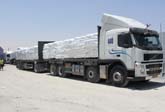
{image_1}On November 18, the sun rose like any day, and like so many days dozens of trucks carrying aid and supplies entered the Gaza Strip from Israeli territory. Like so many days before it, on November 18, a total of 26 Gazan patients were accompanied into Israel for medical treatment. Yet, one of the main things that separated November 18 from a number of Sundays before, is that on that day Gaza fired 156 rockets at Israel. This followed a four-day stretch during which over 900 rockets were launched at Israel. Civilians in Israeli towns were under routine threat—some had been killed by the attacks and dozens more were wounded. It was Day 5 of Israel’s “Pillar of Defense” Operation, which was intended to undercut Gaza’s ability and desire to strike Israel’s home front at whim. Yet, despite the war-like circumstances, despite the intentional targeting of Israeli civilians by Gaza’s leaders, Israel was facilitating the entrance of aid into Gaza, and sick Palestinians into Israeli hospitals. That juxtaposition is no anomaly—it’s an intentionality.
Continue Reading »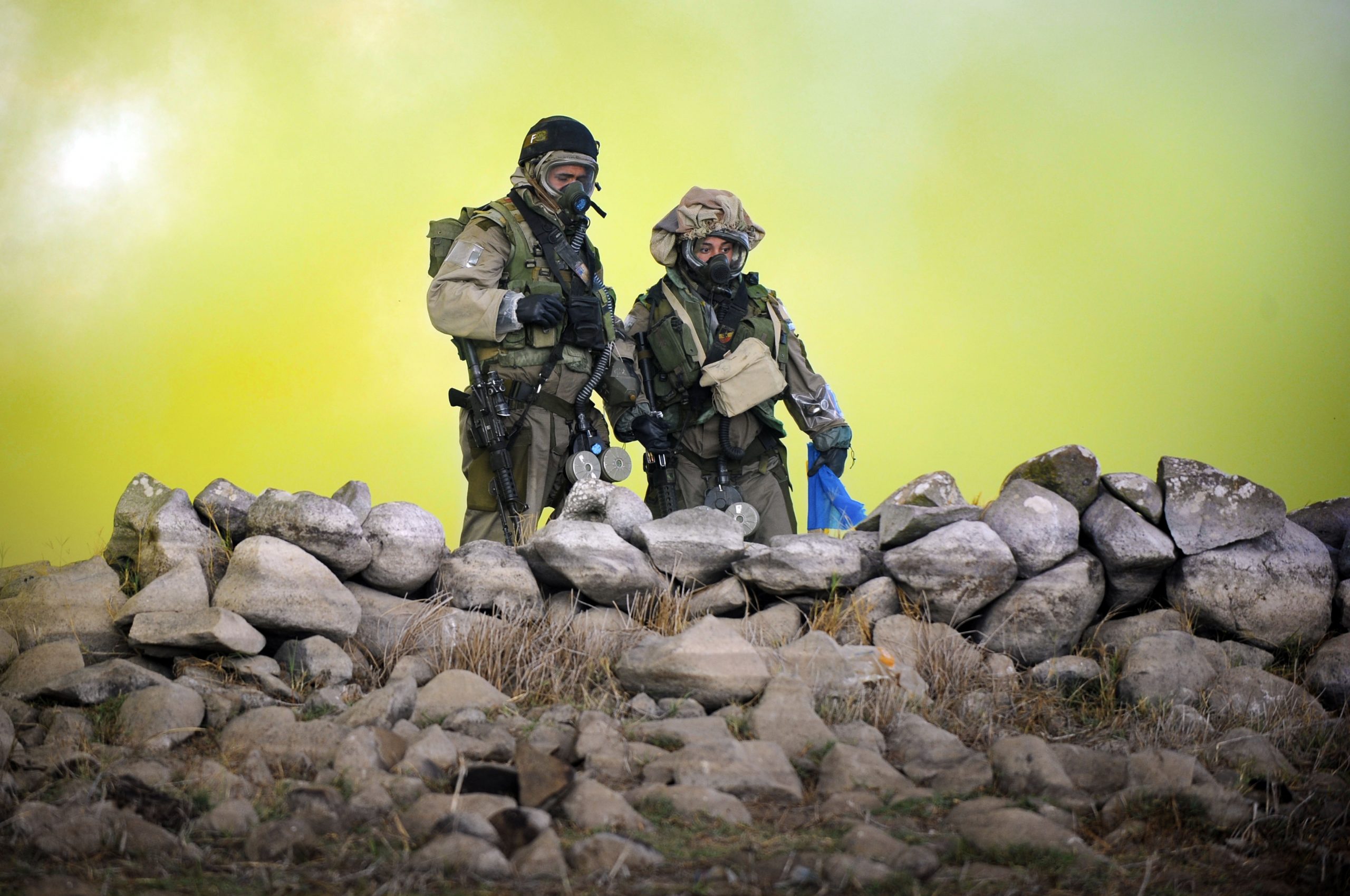
{image_1}They have already been the impetus for a war in the Middle East. They have been sought by ruthless regimes. And, they have caused serious and real concern across the world. But they aren’t nuclear in nature. No, these are other weapons of mass destruction (WMDs), and they have already been unleashed on the Middle East region.
Continue Reading »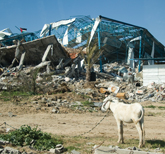
{image_1}Perhaps no single place on earth is so misrepresented as the Gaza Strip. On September 12, 2005, the last of the Israeli soldiers and civilians left the Strip after 38 years. Not a Jew remained. Even the bodies in the Jewish graveyards were removed and reburied in Israel.
Continue Reading »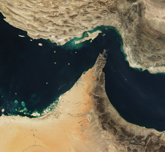
{image_1}It is almost hard to believe that a number of the world’s most famous and significant oil producers somehow seek to channel their black gold in waterway lanes of just two miles (3.2 kilometers) wide. While the Strait of Hormuz is technically 21 miles (33.8 kilometers) wide at its narrowest point, its shipping region is something of a two-lane sea highway—with lanes two miles across in each direction and a two-mile buffer zone between. That means that an Iranian “roadblock” in the Strait could bottleneck it and cause an oil-carrier “pile up” that would hurt the oil industry in Saudi Arabia, the United Arab Emirates (UAE), and more. But this is no traffic accident. It’s viewed as a serious Iranian threat to the international community…Is it really?
Continue Reading »
{image_1}Earlier this year, the Israeli–Palestinian conflict looked like a complicated algebra equation mixed with diplomacy and tragedy. In a span of two-and-a-half months, the following occurred: Palestinian Group A broke off talks with Israel aimed at restarting peace negotiations. Palestinian Group A and Group B made progress in reconciling with each other after years of conflict. Israel attacked the leadership of Palestinian Group C for plotting a terror attack, which led to Group C and Group D firing rockets at Israel. Group B was blamed for the conflict since they are technically in charge of Groups C and D. Groups A and B accused each other of mishandling Gaza’s power supply and eventually created an electricity crisis there by not cooperating. Group A then conducted a letter exchange with Israel to make demands in any future peace talks.
Continue Reading »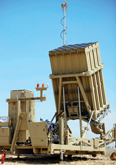
{image_1}The “Color Red” alert siren sounds as another terrorist missile heads towards the coastal city of Ashdod in Israel’s south. More than 200,000 Israelis are at risk. Cars, businesses, homes, schools, synagogues—any one of them could be the target for the blindly-fired Gaza rocket. An explosion is heard by people in the city, but there’s no shattered glass, blazing buildings, or injuries. The Iron Dome missile defense system has successfully managed to intercept the incoming projectile, literally blowing it out of the sky with a missile of its own.
Continue Reading »
{image_1}Traditionally, storm clouds visit Israel only in the winter months. But this year, storm clouds of war, conflict, and threats are brewing—and they may reach Israel and the region anytime. In some cases, rain drops are already falling and raising concerns of hurricanes to come. Iran’s nuclear program continues to be at the forefront of Israel’s concerns, but a host of other dangers are making for a very dark horizon.
Continue Reading »All logos and trademarks in this site are property of their respective owner. All other materials are property of Bridges for Peace. Copyright © 2025.
Website Site Design by J-Town Internet Services Ltd. - Based in Jerusalem and Serving the World.